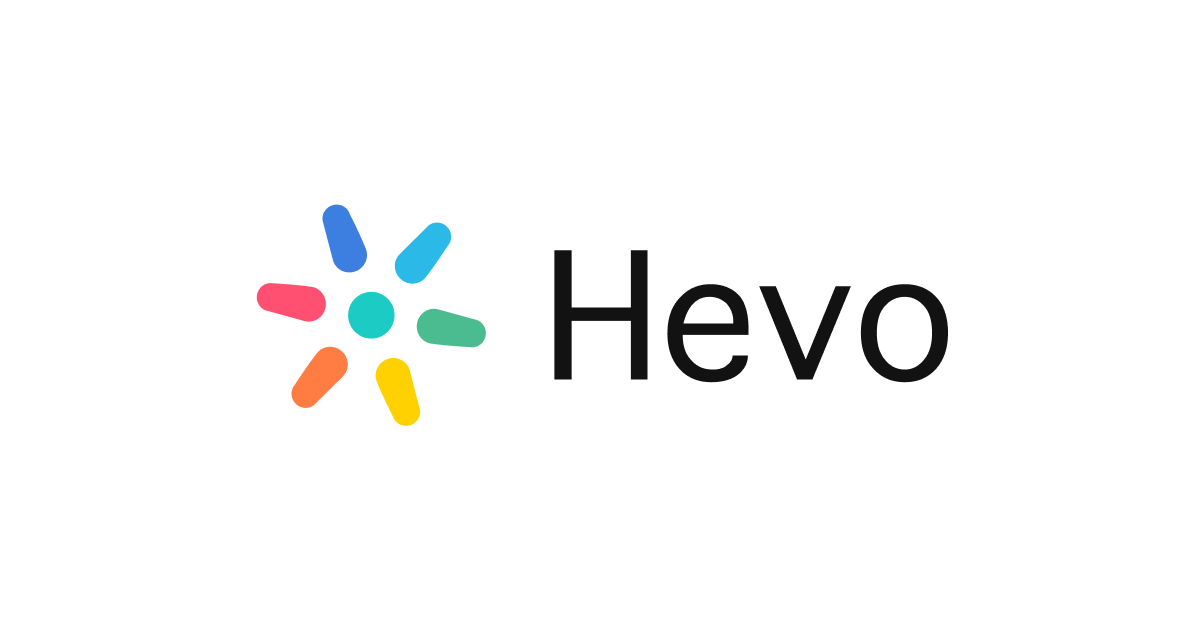What I like about Weld
“"Weld’s graphical interface is intuitive and easy to work with, even for teams with limited SQL experience. Its flexibility across sources—from databases to Google Sheets and APIs—made onboarding smooth, and performance across larger workloads was consistently strong. Support was responsive and helpful throughout our setup and ongoing use."”



 logo](/_next/image?url=%2F_next%2Fstatic%2Fmedia%2Fportable.1b77f18a.png&w=1920&q=75)















